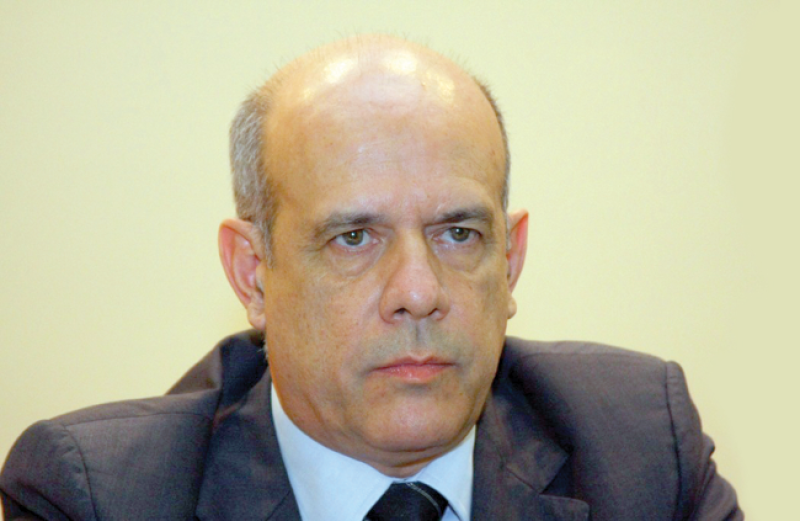
Luiz Otávio Pimentel, President of Brazil’s National Institute of Industrial Property, Ministry of Development and Foreign Trade, went first and revealed a challenging situation for his office. The country has long suffered a large backlog of applications. The effort to improve this has become an even bigger challenge with Brazil’s economy falling into recession, with a contraction of 1.9% between April and June.
“In Brazil we are going through a large revamping of our public structure,” said Pimentel, speaking through a translator at the lunch. “Brazil is going through a difficult economic situation. That means a reduction in expenses for public institutions and that will include INPI too.”
Rather than the hoped-for increase in examiners to reduce the backlog, INPI must make do with what it has.
“The worst thing we face is a backlog,” he said. “There is a problem at the moment where we would need more people working for us but that is not going to happen. One challenge we have faced is the lack of qualified people. Also, our salaries are not as competitive as other institutions in public service. There is a need for remedies.”
Pimentel outlined a number of initiatives he is undertaking to tackle this problem. He expanded on these in an interview with Managing IP.
Kunihiko Shimano, Director-General of the Trial and Appeal Department in the Japan Patent Office (JPO), gave an update on his office’s activities.
One initiative it is undertaking is to implement three pillars of quality measurement: quality assurance, quality verification, and external evaluations. The Hague Agreement concerning international design registrations has been effective in Japan since May this year. Japan last year also amended its Trade Mark Act to protect non-traditional marks such as colours and sounds.
The JPO has also been collaborating with other offices. In May it signed a memorandum of cooperation with the USPTO to begin a bilateral Collaboration Search Pilot programme. This allows the two offices to share search information before a first office action.
Niclas Morey, Director of International Organisations, Trilateral and IP5 at the European Patent Office (EPO), gave the European perspective. He said there had been a small dip in in the rate of increase in European patent filing of 3.1% in 2014. “We are quite pleased about that,” he said, noting the 5%-6% increases in the years before that.









